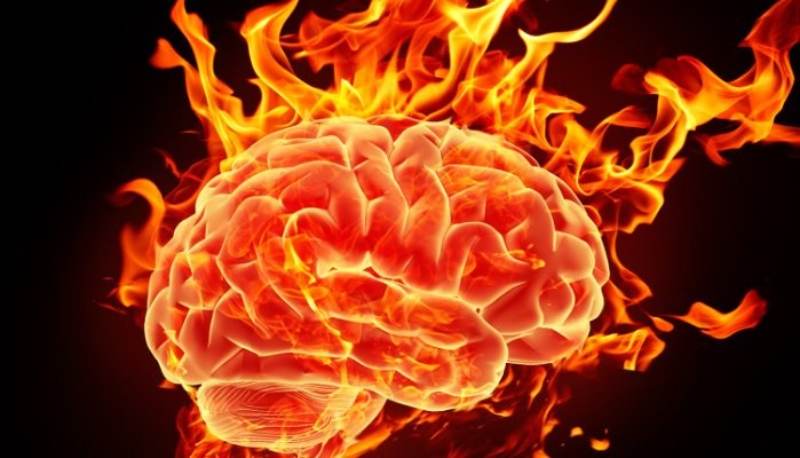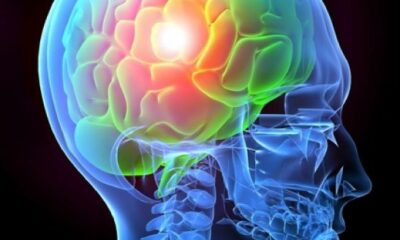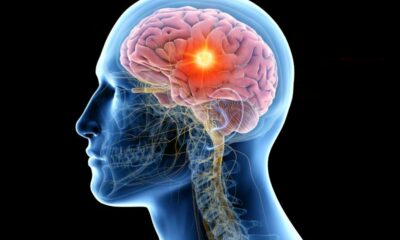Severe heat can have a tremendous effect on the brain, influencing mood, general health, and cognitive function. The body goes into overdrive to cool itself under hot conditions, directing blood flow to the skin to help with this process. This change in blood flow may result in a lower blood supply to the brain, which would hinder its best possible functioning. People might therefore have trouble focusing, digesting information, and coming to judgments.
Stress related to heat can interfere with brain neurotransmitter function, changing mood and behavior. Elevated temperatures have the potential to intensify emotions of annoyance, restlessness, and even hostility. Heatwaves may cause alterations in serotonin levels, a neurotransmitter connected to mood regulation, which could lead to elevated levels of anxiety and despair. On the other hand, Extended periods of intense heat can also affect learning and memory. Heat stress reduces synaptic plasticity, which is the brain’s capacity to change and create new connections between neurons, according to studies. This may make it more difficult for the brain to retain memories, learn new information, and retrieve information when needed.
Dehydration brought on by the heat exacerbates cognitive decline. Dehydration lowers blood volume and may cause the brain to get less oxygen and nutrients. Attention, motor coordination, and reaction speed can all be negatively impacted by even minor dehydration.
Furthermore, the most serious type of heat-related sickness, heatstroke, has the potential to directly harm the brain. The body’s core temperature increases to dangerous levels during heatstroke, which can cause convulsions, neurological malfunction, and, in extreme cases, coma or death. To avoid irreversible brain damage, heatstroke patients need to be treated right away.
Few groups of people are more susceptible to the damaging effects of intense heat on the brain than the elderly, kids, those with underlying medical issues, and people who are physically active outside. These hazards are made worse by inadequate hydration and poor access to air cooling, especially in areas that are currently experiencing heatwaves.
It’s critical to drink enough of water, seek out air conditioning or shade during high temperatures, and refrain from physically demanding outdoor activities if you want to lessen the negative effects of intense heat on your brain. It’s critical to identify heat-related disease symptoms, such as nausea, dizziness, and confusion, in order to act quickly and avoid more catastrophic consequences. Protecting vulnerable populations during periods of excessive heat is made possible by public health methods such as community outreach programs, urban planning for heat resilience, and heat wave warnings.

 Diabetology2 weeks ago
Diabetology2 weeks ago
 Diabetology2 weeks ago
Diabetology2 weeks ago
 Diabetology1 week ago
Diabetology1 week ago
 Diabetology1 week ago
Diabetology1 week ago
 Diabetology3 hours ago
Diabetology3 hours ago















